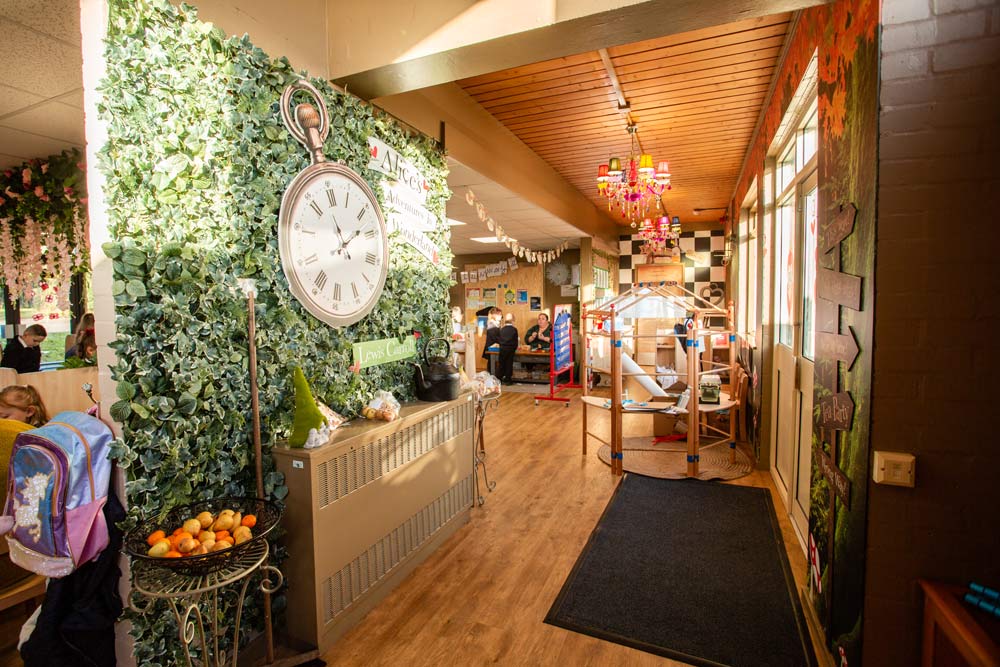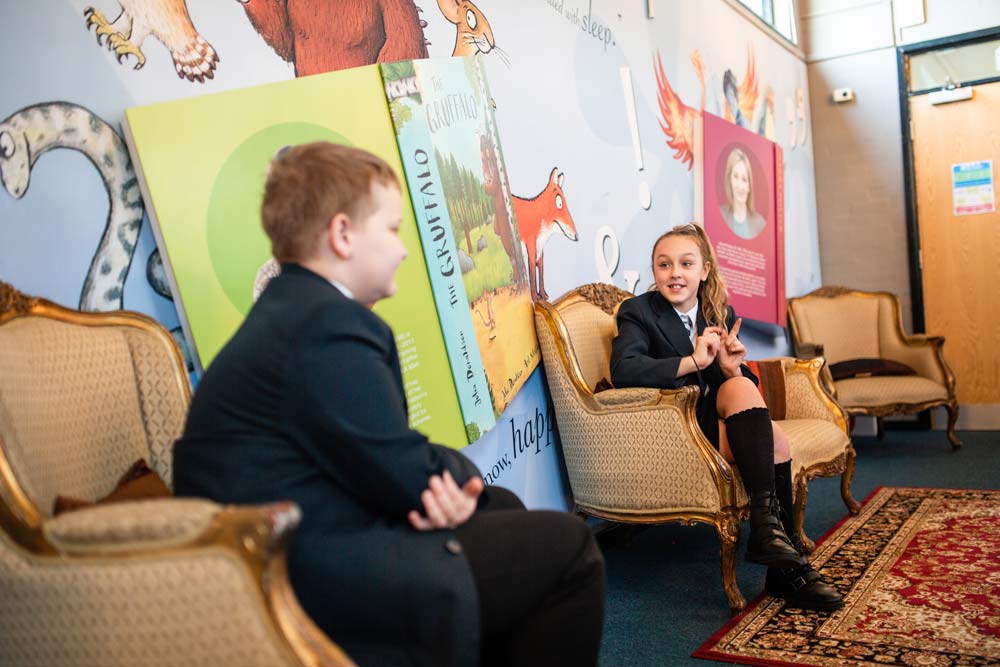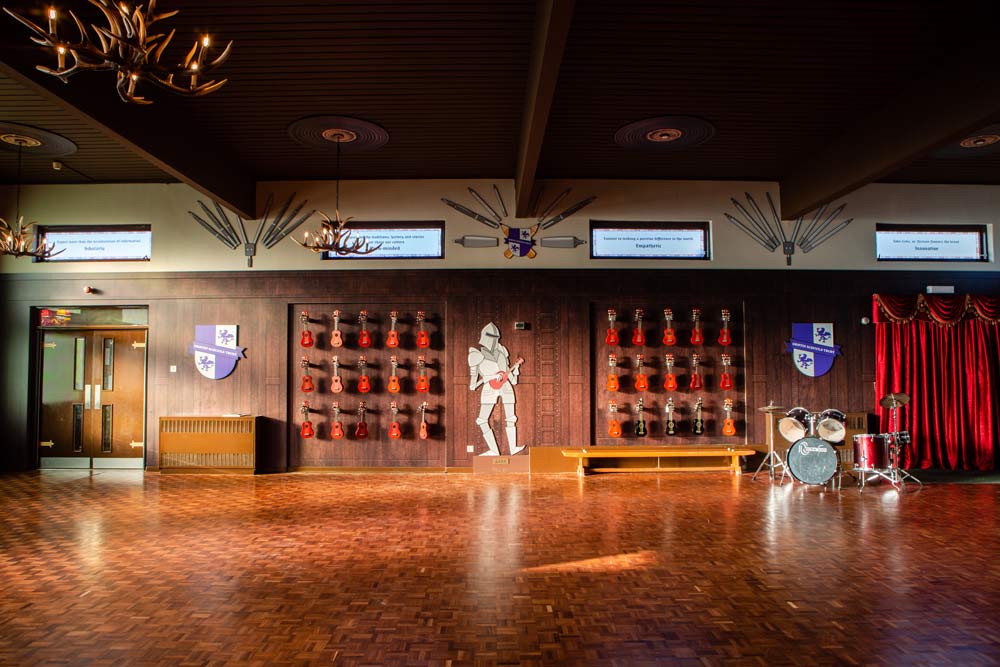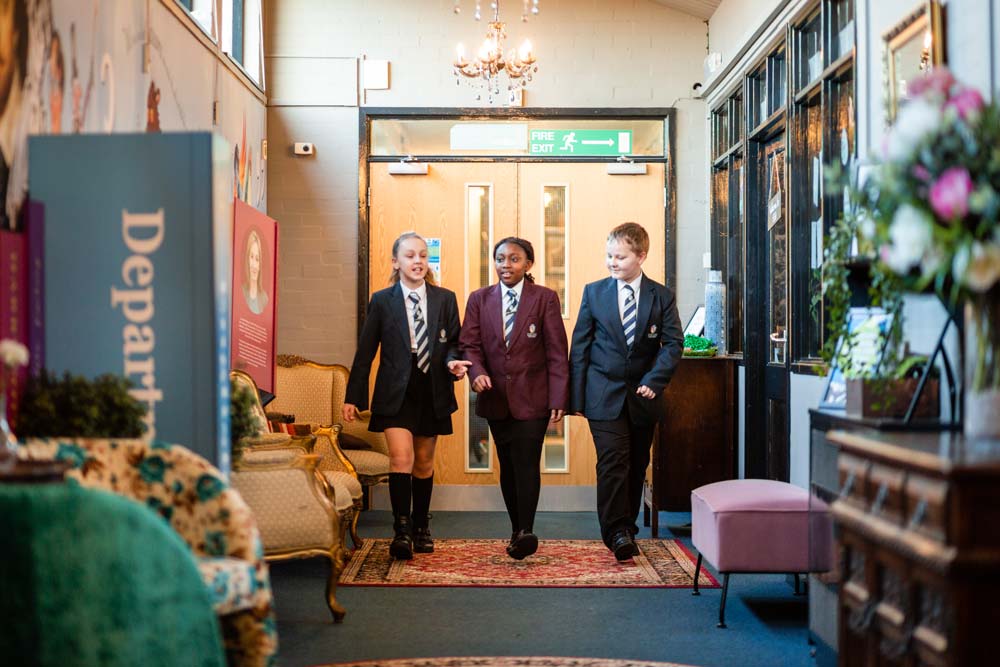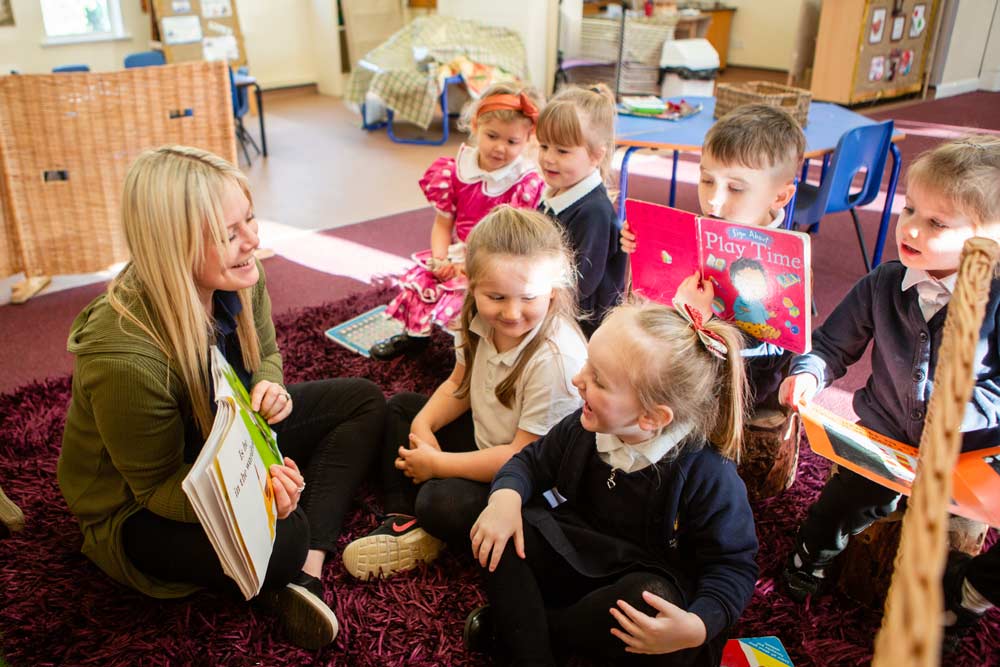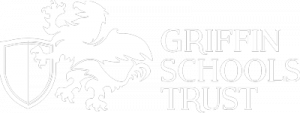Latest news
Developing Healthy Sleep Patterns
Gallery
Filter
Facebook feed
Sunday Storytime with Miss Green
youtu.be
Twitter feed
>> ENGLISH
“If people cannot write well, they cannot think well, and if they cannot think well, others will do the thinking for them”
Eric Blair (George Orwell)
Intent
English plays a central role in the life of our school and is a vital part of all lessons. By providing the children with the skills, knowledge and experience to become confident orators, writers and readers we will grow as a learning community and the children will be able to truly seek what is good, treasure what is true and do what is right. Our English strategy follows the 2014 National Curriculum, and we aim to fulfil, and in many cases exceed, National Curriculum requirements and expectations. We ensure that we provide all children with depth, breadth and ambition in their learning – ensuring that our curriculum is well sequenced and building on knowledge and skills gained as children progress through the school. We promote a love of reading and writing whereby children want to read and write spontaneously, with enjoyment. We encourage our Griffins to use every space in school as a reading opportunity.
We encourage children to speak with clarity and confidence, developing a broad vocabulary in a range of situations from small informal groups to performances for a larger audience. The art of articulation has been a key whole-school focus to develop our children’s confidence when sharing their thoughts and opinions openly and with conviction.
Lessons planned by teachers are carefully designed so that children develop a passion for reading, gaining expression and fluency as they grow, showing a deep understanding of what they read and applying their reading skills in other curriculum areas. We provide a range of opportunities for children to become fluent writers: writing for a range of contexts and purposes; selecting language and styles that engage their audience through high-quality texts.
From the beginning of their journey at Park Lane, we encourage and equip parents and families to engage with our curriculum and extend their children’s learning at home so that we all grow as a learning community together. We strive for our children to develop a passion for English to aid them in later life and to continue to grow as learners and live out our school vision for years to come.
Implementation
In Early Years, children are provided with the foundations to becoming successful readers and writers. To discover more about early reading and our development of phonics, please see our Early Reading subject page here. (link to the Early Reading page). In Years 1-6, the children build on previous experiences, learning to improve their oracy (speaking and listening), reading (including word reading and comprehension) and writing (including spelling, punctuation and grammar).
Oracy
We create confident communicators through opportunities and activities planned throughout the curriculum and school life. With performing arts being a key part of our offer, the children at Park Lane are given opportunities to learn, perform and adapt texts in English lessons and events such as the monologue festival, Griffin Arts Festival and as a Royal Shakespeare Associate school developing their knowledge and performance skills through the work of William Shakespeare. Children are encouraged to develop their oracy skills in all aspects of school life such as debates, drama, assemblies, presentations and articulation to share their learning with others.
Reading
Reading begins with the Early Years Foundation Stage curriculum (see our Early Reading page). One part of this is systematic synthetic phonics sessions beginning in Pre-school and continuing throughout Reception, Year 1 and 2. We follow Read Write Inc which is a progressive scheme of work and supports our children with the early stages of reading and the foundations required for later in the school.
In Key Stage 2, phonics is still used as the bedrock of decoding and spelling. Children who need extra support will continue to access phonics interventions for as long as is prudent and this is monitored closely by our SENco.
To give the children as much exposure to a variety of texts as possible, the curriculum includes opportunities such as reading to the pupils (in regular whole class story times), shared reading, buddy reading, guided reading, reciprocal reading and one to one reading. Reading is supported by a range of adults, including teachers, teaching assistants, apprentices and our nurture team. Alongside this, children are provided opportunities to read and respond to what they are reading through activities such as making links between other texts; discussing similarities and differences between authors and their life experience; retrieving information from the text; predicting what comes next; inferring how a character feels; and summarising or defining words or phrases in the text. These planned lessons focus on the reading domains which are clearly labelled in our English books with the Twinkl Reading Domain Dogs.
We immerse ourselves in experiences around books and strongly believe any space is a reading space, aiming to inspire and motivate young readers. In Reception and KS1, our children use the Oxford Owl Phonics eBook Library where they access their Read Write Inc. reading book set by their reading teachers. This is book appropriate to their fluency and understanding of the text that they will have read in their phonics lessons and be familiar with. Through this platform they also have access to an array of eBooks to enjoy and they are also sent home with a book that can be read to them by a family member to encourage a love of reading. In Year 2, once their confidence in reading has developed, they transfer to our Accelerated Reader scheme (our reading tracking tool) which assesses our children’s reading age and checks their comprehension and understanding of the text through quizzing and testing. Our Griffins then continue on this scheme throughout the remainder of KS2 as they build up to their Year 6 SATs.
As well as books in our library, we also subscribe as a school to an online eBook site called Myon, where children access a range of books suitable for their age from their devices at home. We have found that for some children ‘reading for pleasure’ and even having the opportunity to listen to a book read aloud has had a positive influence on our children’s reading habits and their opinions on reading as a whole.
In addition to this, our Griffins also have various opportunities throughout the year to meet authors in person and have the opportunity to ask questions about their career path. We find that this often inspires our Griffins to consider this as a career path and understand the journey to get there.
Writing
Throughout their primary school life, children are given the opportunity to develop their writing through a range of genres including narratives, poetry, reports, persuasive writing and factual accounts. We focus on the three purposes for writing: to inform, persuade and entertain. Ensuring the children understand their purpose for writing enables them to choose language and structures that not only match the genre but matches the purpose, engaging the reader and focusing their writing.
Writing opportunities are provided across the curriculum and the children’s learning in English lessons can be applied across different subjects. Within writing lessons, children follow a similar approach for each piece where they look closely at a model text identifying features, the purpose of writing and identifying key vocabulary; learning to plan their ideas; drafting their writing through rehearsal; editing and revising their work using purple pens; and publishing their work for the writing gallery. Our children are given clear expectations on success criteria for each piece of writing to ensure expectations are met.
We strongly believe, the key to them being a good writer is the editing process and children at Park Lane are taught how to become reflective writers, who have the motivation, skills and experience to improve their own work. Our children are guided and challenged to understand how effective editing can successfully improve their work. This is done through checklists, peer marking, teacher discussions one to one with children and whole class feedback. Fundamental to creating fluent writers, is our teaching of spelling, punctuation, grammar and handwriting in a consistent and sequential way throughout the children’s school life at Park Lane.
For handwriting, we have a whole school approach with our scheme of work from Letter Join. This is embedded from Reception and progresses with children learning to join their handwriting and eventually being awarded their pen license.
For spelling, our children have access to an app called Spelling Shed which they utilise both inside and outside school. This gives children the opportunity to practise spellings/ common exception words from their focused year group and also spelling rules taught. These can be pre-set by our teachers and children can also choose a personal focus themselves also. It is a fun and interactive way to motivate children to complete their weekly spellings.
Moreover, our families are equipped to support the children at home through family workshops, family consultations, open communication with the child’s class teacher via Seesaw and our family support videos, which reinforces our desire for everybody in our community to grow as learners together. We also weekly provide our families and children with a weekly Sunday night Storytime, which can be found on our school YouTube channel, to encourage our love of reading outside of the classroom and wider into our community.
Impact
After the implementation of our outstanding English lessons, our Griffins have developed a love of reading and writing which in turn has equipped them with the ability to be effective orators. Children at Park Lane take a keen interest in understanding and shaping their world around them using the art of articulation and use reading and writing skills in creative and inspiring ways towards an ambitious future.
During their time at Park Lane, we want the children to use the skills they have acquired in English to:
- Be fluent readers and writers, who are able to express themselves independently
- Recognise what information they need to answer a question/complete a task
- Have the tools to find out information
- Scrutinise/critique/challenge information
- Have a wide range of skills which they can use in a variety of contexts
- Work independently and cooperatively
- Have a good or better level of literacy and understanding of the English language
Teachers assess progress in both reading and writing regularly in a variety of ways. Daily interactions and observations form the teacher’s future planning decisions. Through more formal testing such as half-termly Star Reading testing in KS2 and teacher observation when listening to children read in EYFS and KS1, we ensure that Early Learning Goals in EYFS and end of year expectations for the National Curriculum are met or exceeded. Writing is regularly moderated both in school across year groups to check the progression across school; at consortium moderations in the local authority; and across the Midlands Hub of Trust schools. This ensures our standards of writing are to a high standard and progress is monitored through the duration of the academic year.
Children’s reading effort/ ability is celebrated in half-termly reading celebration assemblies where children are rewarded for hard work when quizzing and reading at home. As well as this, the involvement of our families through support videos and encouragement of learning on both Seesaw and our social media platforms ensures that standards are driving higher continuously, and families are supported with key vocabulary/ strategies to support their children’s learning from home.

